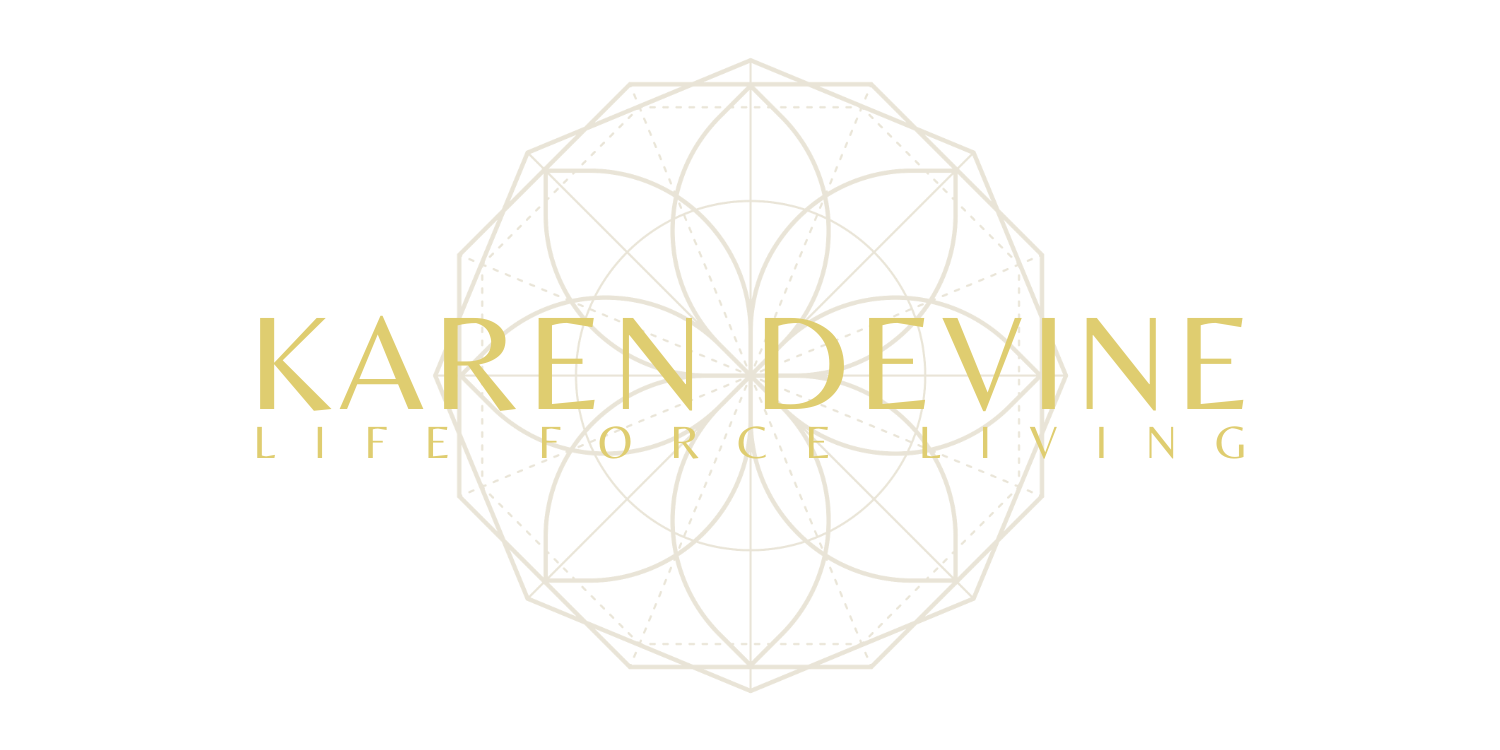Vitamin D - Our gift from the sun
Vitamin D (a fat soluble vitamin) is now as familiar to most people as Vitamin C and yet a deficiency of this Vitamin in the human population is prevalent world-wide.
Technically not a vitamin as it acts more like a steroid hormone in the body, our cells have vitamin D receptors which act like locks and keys on most cells of our body. This indicates to us that we need vitamin D for more than bone health, a severe deficiency can cause rickets in children and osteomalacia in adults (bone softening).
Known as the sunshine vitamin as UVB from sunlight allows our body to manufacture vitamin D, it hits the skin which stimulates the production of Vitamin D, it is converted first by the liver and then the kidney’s to make the active form of Vitamin D knows as 25, Hydroxyvitamin D. From April – Oct we need to have 15-20mins sun exposure (without sun-cream) to absorb our D, darker skins with more melanin will need longer exposure. This is not a pass to avoid sun cream but to allow your body to get this vital nutrient from the sun for a short period of time then apply. Please remember to respect the suns power.
Research over the years has shown that due to these Vitamin D receptors on various cells we also need adequate levels for [i] -
· Breast health and cancer prevention
· Prostate health and cancer prevention
· Bowel health
· Cardiovascular health including prevention of high blood pressure.
· Diabetes – lessening the complications
· Gene regulation and modulation of inflammation
· Mood and cognitive function
· Skin health – may support eczema/psoriasis/acne.
· Immune system function….and more (much yet to be discovered)
Vitamin D deficiency during the winter can therefore lead to more colds and flu viruses as well as a decrease in lung function in adults and children leading to infections, exacerbation of asthma and other serious lung disease such as COPD.
There are other ways a deficiency can occur which include –
Obesity - often has higher Vitamin D requirements to get the same cell response..[ii]·
Certain medical drugs that can interfere with Vitamin D absorption such as cholesterol lowering drugs and others.
·Elderly people as the Vitamin D receptors weaken, as well as those in care homes not exposed to sunlight.
Deficiencies in other nutrients including Omega 3/6, magnesium, zinc
Less in found in the food we eat such as oily fish.
·Bariatric surgery can block the uptake…and more
We find smaller amounts in our foods such as oily fish, milk, yoghurts, and fortified in some cereals. Food is a poorer source of natural Vitamin D that the sunlight which is our gift from nature.
We all need to pay more attention to our Vitamin D levels, especially at this is the time of year to get them tested, you can speak to your gp especially if you have ongoing health issues.
You can also buy Vitamin D test kits which are non-invasive blood spot tests you can take at home with ease (many of my clients do,) this allows me to be more specific with a personalised dosage once we find out their individual needs. Here is the link to the test I use and recommend here
Get out in the sunshine even in the winter, it is much weaker but we still need to get exposure on our face along with fresh air. During these months it is likely you will need to supplement with 2,000iu (adults) and 400iu-1000iu for children depending on age and specific needs.
If you are deficient in D, your levels need to be higher at first to correct the deficiency, then lower the dose once levels are adequate. It is important then to take with other fat soluble vitamins (AE&K) which can be displaced if you take long term levels of Vitamin D without considering the balance. There are many supplements on the market that contain ADE&K in balanced proportions.
Many people do not need to take Vitamin D supplementation from April – October unless they do not get enough ‘healthy’ sun exposure or they are more vulnerable such as those with health issues and the elderly.
Speak with your GP if you are taking any medical drugs as these can hinder your levels of Vitamin D.
Remember to get your ray of sunshine during the winter even though it is likely to come from a bottle.
Happy to talk with you re this further so don’t hesitate to get in touch,
Karen
[i] https://www.ncbi.nlm.nih.gov/pmc/articles/PMC3356951/
[ii] https://www.ncbi.nlm.nih.gov/pmc/articles/PMC6780345/
